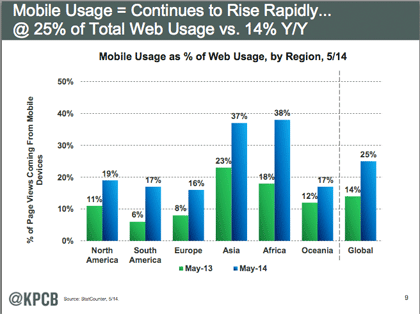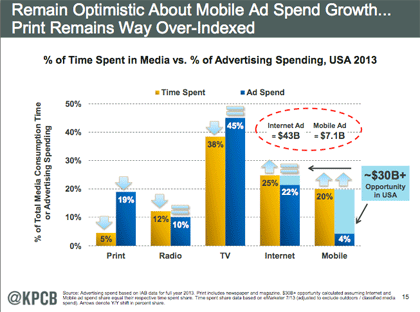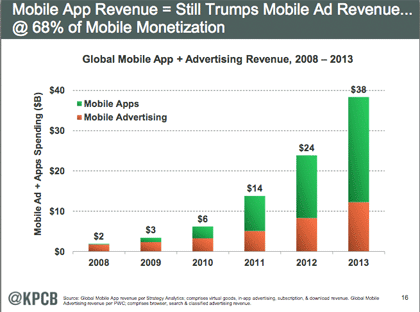"We are what we repeatedly do. Excellence is not an act, but a habit." - you know who said that? This quote is always attributed to Aristotle and yet it
was never written by Aristotle. This quote is from Will Durant's The
Story of Philosophy. But the point is still a jolly good one. Here are 17 more.
Taken from "17 things the most extraordinary people do every day" by
BILL MURPHY JR. who is a journalist, ghostwriter, and entrepreneur.
1. Examine long-term goals.
If you don't know where you want to go, you'll probably never arrive. So, it's crucial to spend a few minutes each day thinking about where you'd like to be one, five or even 20 years from now. Your goals will change, and that's a good thing. But it's easier to act strategically when you've thought about where you want your dreams to lead.
I have done this with my mentor and coach but it is time to get them on the walls of the office.
2. Examine daily plans.
Whether you've written it down or not, you have a to-do list. Do the tasks you're accomplishing truly contribute to your long-term goals? Nobody is 100 percent productive, and that's OK. But if you're working your tail off each day to become better at something you don't even want to be doing, that's a sign it's time for a change.
Maybe understanding mobile app analytics in depth really isn't for me - has been on my to do list for 3 months now. Or maybe I should just...
3. Ask for help.
Nobody does anything worthwhile alone, and asking for help, when done correctly, isn't a sign of weakness--it's a sign of respect. People enjoy being reminded that their knowledge and skills have value to others. Just ask politely, respectfully and on the other person's schedule. If the help leads to a positive outcome for you, make sure you express your gratitude.
Time to re-engage in the community as a start up and not as a consultant me thinks.
4. Engage in mentorship.
Mentorship has two sides, so on any given day, do two things: Engage with a mentor, and also offer mentorship to someone else. Not every interaction has to be profound; that would be exhausting. However, if you take a few minutes, for example, to reply to someone seeking to enter your field, and later ask a more expert friend to help you refine your start up plan.
I will contact Phil J, Garry P, and Al M and help out a friend who wanted helping.
5. Give yourself a break.
Extraordinary people recognize that they are just that--people. We're only human, and success (however it's defined) is never an overnight thing. Should you hold yourself to high standards? Sure, but every day, give yourself a pass on a few things you did wrong, and for missing a few items on this list. You're looking for a general, rising slope in all things in life--not an uninterrupted (and unrealistic) sprint to the top.
Tomorrow is my day off with my daughter (as a Tuesday) so I will turn off my phone and turn on the rest.
6. Write down what happened.
Life is a journey, so keep a journal. You don't need to be a polished writer or even devote a lot of time to this; even a small effort can pay huge dividends (as we'll see in item No. 7, below). A top military leader who was working 16-hour days in a time of crisis wanted to keep a journal. His solution? Every day he
wrote a single haiku poem describing what happened that day and how he felt.
I have blogged about this and then never done it - I am going to create an app which reminds me to write one sentence a day. Should be simple enough.
7. Build your confidence.
The best ways to win are twofold, and we've already covered the groundwork on this list. First, engage with mentors. People who've been through similar challenges and inspire you and show you the way. Second, remember the challenges you've overcome in the past--say, perhaps, the things you wrote about in your journal. You did it then; you can do it now.
My confidence is low about my body image after being on the TV and seeing how large I have got - see picture - so it's time for a walk out with my daughter and to find somewhere, where I can do yoga.
8. Give thanks and compliments.
Just as you sometimes have crises of confidence, so does everyone else around you. So, make it a point to compliment others, and to express your appreciation for what they do. If you end each day having sincerely uttered the words, "thank you" to a colleague, friend, family member and even people you only interact in passing, you'll find this habit pays you back tenfold.
I will drop everyone a text (including family members) for everyone who 'liked' and / or shared that I was on the BBC over the weekend. As the reaction truly shocked me.
9. Focus on others.
No matter that you do, you will
leave a legacy. The question is whether you'll be remembered for something positive or something negative. So, keep in mind during all interactions, that this might be someone's lasting impression of you. If you want to hear a powerful example of this in action, read this story about actor
Robert Downey Jr. I won't ruin it for you; just read it.
Just read it - and if I didn't love Robert Downey Jr. or the characters he plays enough - I do now.
10. Get some physical exercise.
It doesn't have to be much--just a 20- or 30-minute
workout each day can improve your outlook and change your life.
Find me the 20 minutes.... Ok I will make 20 minutes. Christ I blog for more than an hour!
11. Quit something.
Coming up with a great idea isn't the hard part in life. Instead, it's eliminating 99 out of 100 great ideas, so you can focus on the few that really work. The only way to do that is to be willing to give up on things you've tried but aren't paying off--nevermind the
sunk costs.
This is the one that has got to me more than the others combined.
So I quote from the hyperlink. "It's escalation of commitment,when an entrepreneur has
invested resources into a new business, they have difficulty letting go
even when things go south or another opportunity arises." Today I quit something, handed my notice in emotionally, and tomorrow I am going to do the same with something else.
12. Check small things.
Extraordinary people learn to
delegate effectively. That can be scary, because it requires trust. You can't possibly check everything you've delegated, but you can check some small things, which in turn creates the possibility you'll check everything.
13. Laugh--especially at yourself.
Comedy is the flipside of tragedy. For all the passion with which they pursue their goals, truly extraordinary people keep perspective by recognizing that a well-led life is full of humor. Thus, the
most important jokes you'll ever tell are the ones about yourself, even your failures. As
H.G. Wells (the writer who gave us
War of the Worlds, among many other works) put it, "The crisis of today is the joke of tomorrow."
14. Sleep.
I will nap with Mia around 2 - 4pm - as been up all night blogging away....
15. Continue your education.
Lifelong learning is one of the keys to success. As my colleague
Geoffrey James wrote, "[Approach] lifelong learning with a sense of fun that adds pleasure and energy to the tasks at hand. It means expanding your principles and practices so that they serve a greater purpose."
I have signed up for many coding courses.... in an attempt to...
16. Cultivate outside interests.
All work and no play makes ... well, you know the rest. Let your mind wander every day, and feed it heartily. And, when you've stumbled upon something truly fantastic and worth telling others about...
Wednesday
17. Share something great.
Did you hear the one about the SEO writer who walked into a bar ["best bars," "taverns" "pubs" "B&B joint," "where should I go tonight?"] (If you laughed, credit this
great PR person; if you groaned, blame me.) Seriously, extraordinary people always have something to share, and something truly interesting to talk about--a joke, a story, a bit of good news. Follow their lead.
I share every day - tomorrow I will share some more :) Perhaps you will share the original of this too?













